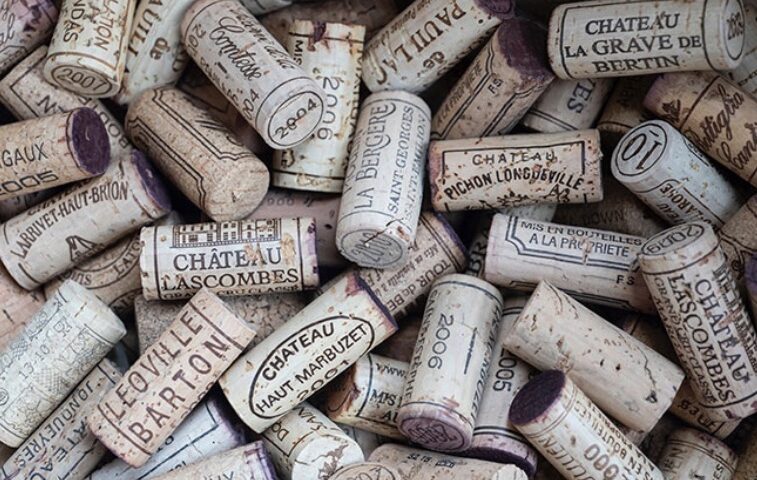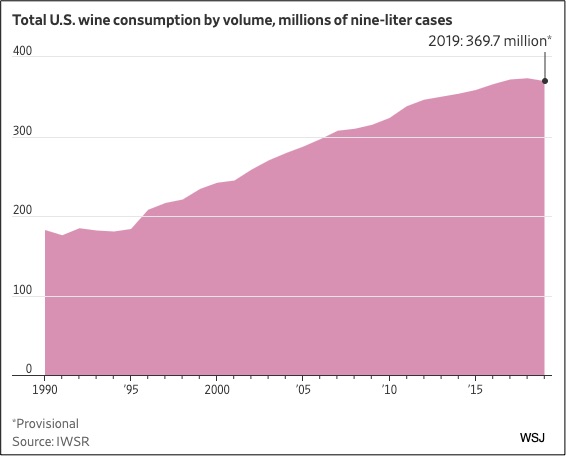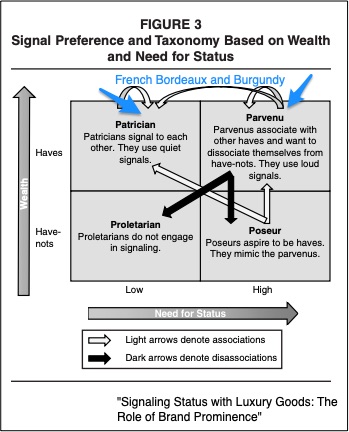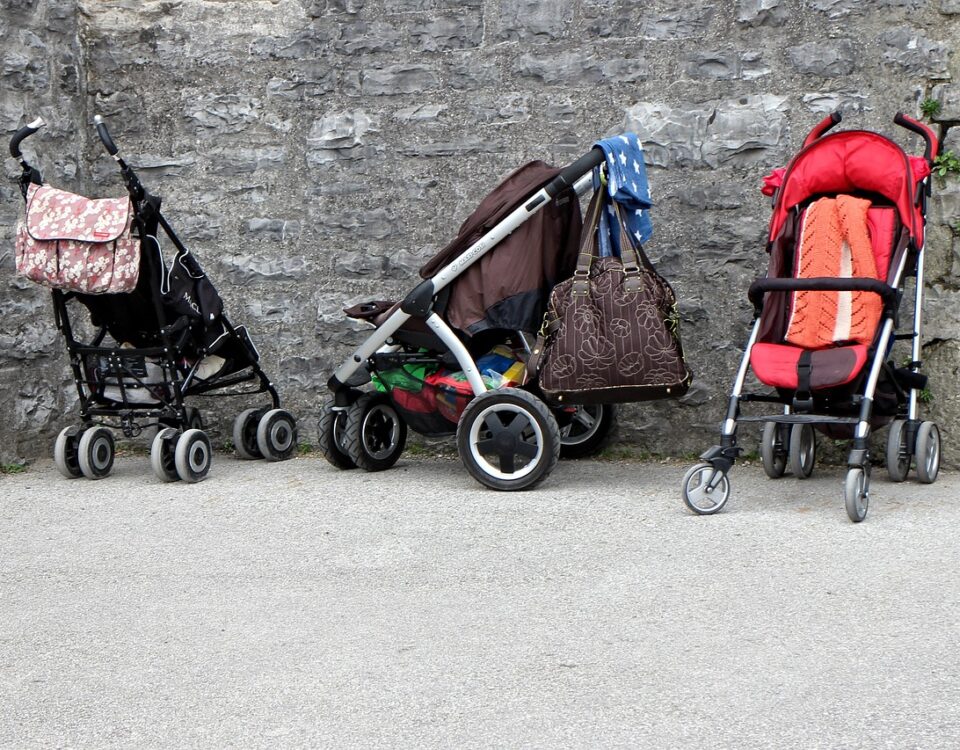
Where More Women Work
January 14, 2020
Where the Little Dribble is Big Business
January 16, 2020Including Bordeaux, Burgundy, and other French wine, on October 18, 2019, a long list of European exports were hit by a 25 percent U.S. tariff. President Trump said the primary reason was Airbus subsidies. Now, if that 25 percent tariff rises to 100 percent, even more elite French wines will be hit.
As economists, we know that those high prices will surely affect our purchase decisions. But not entirely how you might expect.
First though, let’s look at what we are drinking…
Wine Consumption
For the first time in 25 years, the volume of U.S. wine sales is down. One reason could be that aging baby boomers are drinking less while their children prefer nonalcoholic beer, canned cocktails, and hard seltzers. In addition, we no longer believe that moderate wine consumption is so good for us and many of the Americans who live alone sometimes want a single glass but not a bottle,
The result? You get a bit of a wine slump:
Our Bottom Line: Veblen Goods
WSJ tells us that the drop in wine sales targeted the cheaper under $10 slice of the market while the pricier segment was okay. That takes us to one of my favorite economic thinkers, Thorstein Veblen.
In his Theory of the Leisure Class (1899), Thorstein Veblen presumes our need to shout status through conspicuous consumption. His rationale might explain (at least partially) why expensive wine sales have not declined, and could even rise with the tariffs. By purchasing expensive bottles of France’s Bordeaux and Burgundy wines, the upper class signals its power. Then, aspirational shoppers try to follow.
This diagram explains it all:
So, returning to the tariffs, it makes no economic sense to say that French wine sales sales could rise…
Except when you remember Thorstein Veblen.
My sources and more: A good starting point, WSJ explained why we are drinking less wine, Meanwhile, for the wine tariff story do go to Reuters, Decanter, here and here. and to one firm that cleverly sidestepped the tariff. Finally, I always love to read about Thorstein Veblen (1857-1929) and Veblen goods. He was an odd gentleman with insight.
Our featured image is from Jean-Luc Benazet / Unsplash at Decanter.
![econlifelogotrademarkedwebsitelogo[1]](/wp-content/uploads/2024/05/econlifelogotrademarkedwebsitelogo1.png#100878)






